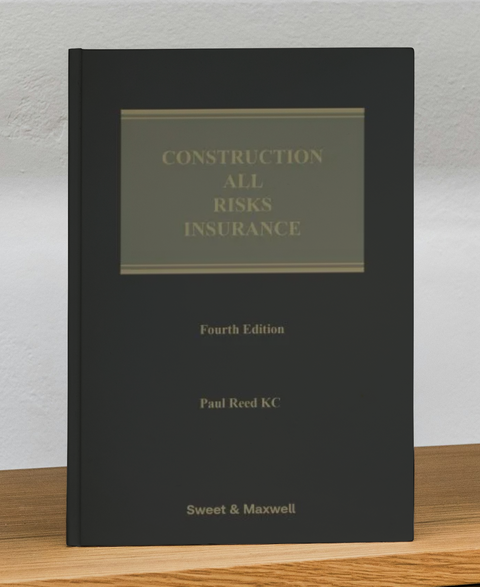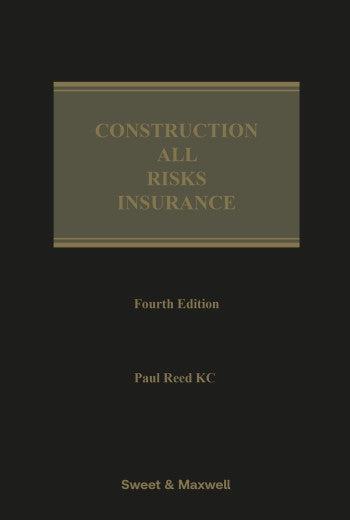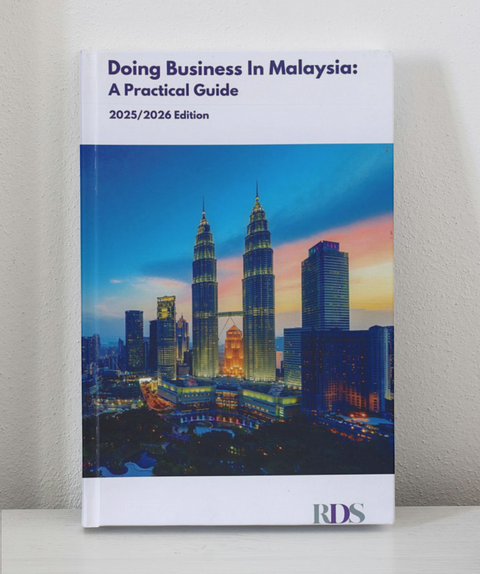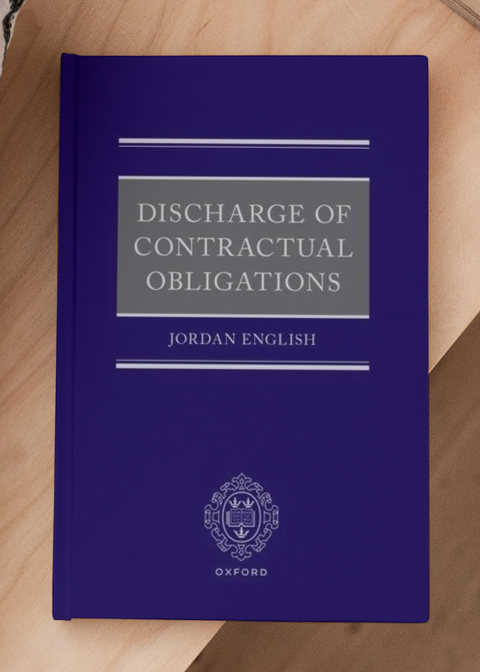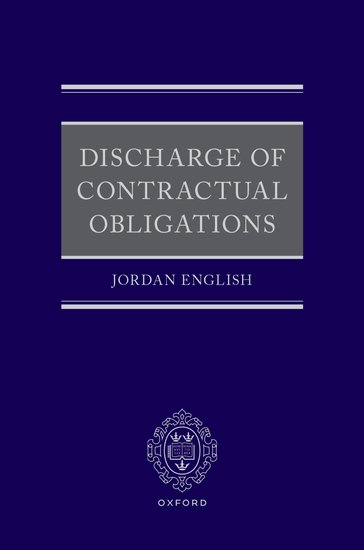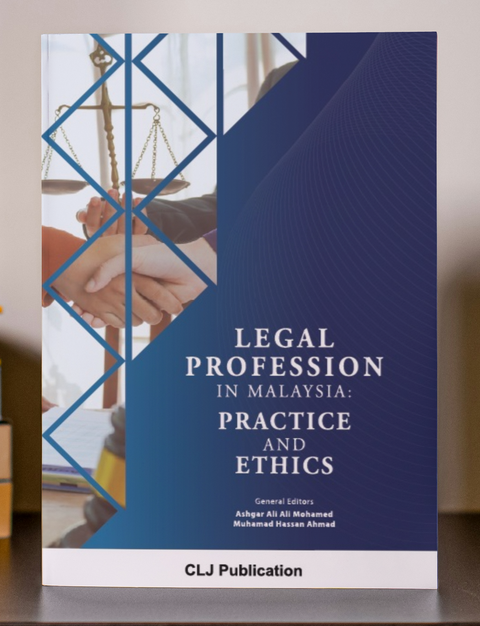


Deferred Prosecution Agreements: The Law and Practice of Negotiated Corporate Criminal Penalties
Order within the next 11Hours 20Minutes for next dispatch, and you'll receive your package between Jun 05 and Jun 07!
*For non-pre order merchandise.
*eBooks processed within 3 working days.
Deferred Prosecution Agreements: The Law and Practice of Negotiated Corporate Criminal Penalties By Polly Sprenger
| Author | Polly Sprenger |
| Publication Date | Dec, 2014 |
| ISBN | 9780414033979 |
|
Format |
Hardcover |
| Publisher | Sweet & Maxwell |
Deferred Prosecution Agreements is a timely reference to the brand new approach in England and Wales for dealing with corporate accountability. It gives a clear description of how the new guidelines came to be, and it will be necessary reading for anybody involved in corporate crime and prosecution.
- Brings together a variety of information into a single, easy-to-understand introduction to the legislation and the use of DPAs.
- Defines the conditions in which a DPA might be a good idea, as well as the steps involved in putting one together.
- Sets down the evolution of key laws that led to the introduction of DPAs in the UK in 2014.
- Considers what constitutes corporate criminal culpability, as well as the types of offences that might lead to a DPA.
- Identifies prosecution authorities who are willing to engage into a DPA.
- Showcases best practises in corporate compliance, taking into account the prosecutor's decision-making criteria in cases where internal misbehaviour has been discovered.
- Provides practical procedures for corporate legal practitioners getting into DPA talks by clearly laying out procedural criteria and published recommendations.
- State the potential fines and punishments available via a DPA, as well as the repercussions of not following the terms of the agreement, as well as other possible outcomes.
- Takes into consideration the worldwide applicability of DPAs and the possibility of global settlements.
- The UK regime is grounded against relevant comparative precedents by examining US DPAs with UK case authorities pertaining to corporate criminal prosecutions.
TABLE OF CONTENTS of Deferred Prosecution Agreements
1. Prosecuting Corporate Criminality – the background of DPAs
1. “The economics of greed and the prosecutor’s dilemma”
2. Corporate criminal liability
3. Costs and risks of corporate prosecutions
4. Public benefits of holding corporations to account
5. Development of the DPA as a tool for corporate prosecutors
6. The Thompson Memorandum and the development and the development of prosecuting criteria
7. Criteria in favour of a DPA as opposed to prosecution
8. “Collateral consequences”: Public interest reasons for saving the corporation
9. The UK model: power to the judges
10. Background to the UK DPA: R v Innospec [2010]
11. From Innospec to the Crime and Courts Act 2013
12. Procedure for obtaining a UK DPA
13. Content of a UK DPA
14. The future
2. Corporate Criminal Liability
1. Comparisons of corporate criminal liability tests
2. Successes and failures in prosecuting corporations
3. Other attempts at corporate criminal sanction
4. Fraud and corruption prosecutions
5. Financial Services and Markets Act sanctions
6. Companies Act sanctions
7. Civil Recovery under POCA 2002
8. Civil Recovery Orders by agreement
9. Arthur Andersen principle: does prosecution kill the company?
3. Application of DPAs internationally
1. The US model
2. Hong Kong: rejection of DPAs
3. France, Germany and Switzerland: alternative methods of resolution
4. Canada: “diversion”
5. Australia/New Zealand: following the UK model
6. Globally: little prosecution of corporate entities, focus on the prosecution of the individual
7. The UK: introduction of a codified DPA overseen by the Courts
4. Crime and Courts Act 2013
1. Background
2. Consultation
3. Government priorities
4. Provisions
5. Parties: designated prosecutors: Director of Public Prosecutions, Director of the SFO, other designees
6. Counterparties: companies, partnerships, unincorporated associations
7. Terms
8. Statement of facts, including admissions
9. Expiry date
10. Examples of requirements
11. Amount of costs: comparable to fine imposed for the offence on a guilty plea
12. Consequences of failure
13. Effect of DPA on court proceedings
5. Codified procedure – the distinction with the US model
1. Schedule 17 Crime and Courts Act 2013
2. Preliminary hearing
3. Final hearing
4. Court declaration with reasons:
i. Interests of justice
ii. Terms are fair, reasonable and proportionate
5. Date DPA comes into force; when declaration is made by the Crown Court
6. Possibility of hearings in private
7. Requirement to publish
8. Use of materials in criminal proceedings
9. Money received by the prosecutor under a DPA
10. Conduct constituting an alleged offence
6. Codes and Guidance
1. The US Attorney’s Manual
2. The UK DPA Code
i. The consultation
ii. General principles regarding when a DPA is appropriate
iii. Guidance on disclosure by the prosecutor
iv. Variation and termination
v. Steps when breach is suspected
3. Fraud Sentencing Guidelines
4. Criminal Procedure Rules
5. Bribery Act guidance
6. Disclosure Guidelines
7. Corporate Prosecution Guidelines and CPA Guidance on Corporate Criminal Liability
7. Amenable offences
1. US: no limitation, any criminal offence
2. UK: Specified offences
i. Conspiracy to defraud
ii. Cheating the public revenue
iii. Theft Act 1968 offences
iv. Customs and Excise Management Act 1979 offences
v. Forgery and Counterfeiting Act 1981
vi. Companies Act 1985
vii. Fraudulent evasion of VAT under Value Added Tax Act 1994
viii. Financial Services and markets Act 2000 offences
ix. Proceeds of Crime Act 2002 offences
x. Companies Act 2006 offences
xi. Fraud Act 2006 offences
xii. Bribery Act 2010 offences
xiii. Offences under the Money Laundering Regulations 2007
xiv. Any other offences as ordered by the Secretary of State
8. The First Alert and the Internal Investigation
1. Corporate compliance, intelligence and investigation systems
2. Whistle-blowing programs
3. The investigation
4. Evidence gathering
5. Risk of prejudice
9. Self-reporting
1. Planning and preparation
2. Decision-making and analysis on the suitability of a DPA
3. Documentation
4. The approach to the prosecutor
10. The Prossecutor
1. Department of Justice
2. Securities Exchange Commission
3. Serious Fraud Office
4. Crown Prosecution Service
5. Others as ordered by the Secretary of State
11. The Information
1. Content, form and effect of the Information or Agreed Facts
2. Drafting
3. Content
4. Risks
5. Future use of the Information
6. Impact on associated civil proceedings
12. Common terms imposed under a DPA
1. Admission of conduct
2. Financial penalties
3. Appointment of an independent monitor
4. Removal of certain staff
5. Implementation of compliance programs
6. Other terms
7. Prosecution undertakings
13. Court endorsement
1. Judicial objections in the US: US v HSBC [2013]
2. UK judicial objection to negotiated settlements
3. Opportunities for judicial intervention
4. Third party interests
5. Court powers under Crime and Courts Act 2013 Schedule 17
14. Breach, Variation and Elapse
1. Conclusion of the agreement by breach, variation or elapse
2. Breach of DPA
3. US examples
4. UK procedure
i. Prosecutor required to apply to the Court on suspected breach
ii. Burden of proof
iii. Remedy
iv. Publishing of decision
5. Variation of DPA
i. Terms may be varied at any time
ii. Court must make declaration, with reasons:
1. The variation is in the interests of justice, and
2. The terms of the DPA as varied are fair, reasonable and proportionate
iii. Procedure
iv. Application to the Crown Court by the prosecutor
v. Hearing may be in private
vi. Declaration, reasons and new order must be published
15. Alternative outcomes
1. Prosecution
2. Civil recovery
3. Civil litigation
4. Regulatory/disciplinary proceedings
5. Internal remedy
16. Global settlements
1. Purpose and history of global settlements
Conflict of laws
2. Double jeopardy
3. Negotiation
4. Judicial approval
17. US examples
18. Future Developments
Appendices
1. The DPA Code
2. US A
Latest releases
Get your copy today!









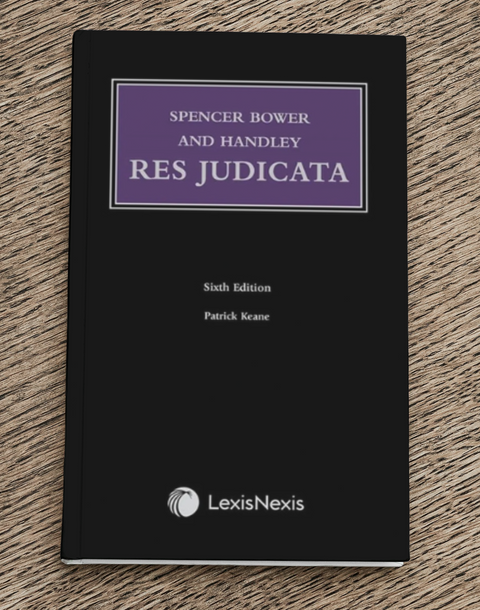
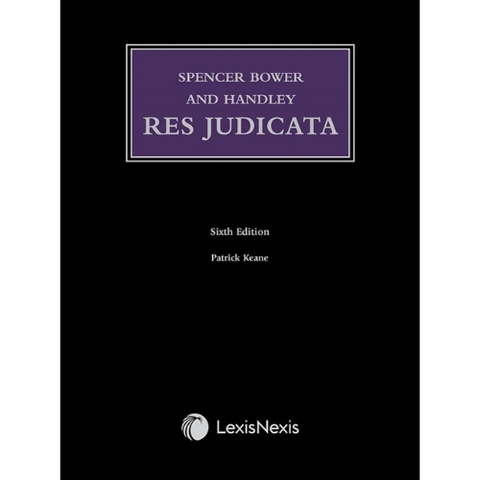
![Real Property Gains Tax Act 1976 Act 169 [As at 1st January 2025]](http://www.joshualegalartgallery.com/cdn/shop/files/Screenshot_2025-05-08_135123.png?v=1746684966&width=480)
![Stamp Act 1949 (Act 378) [As at 1st January 2025]](http://www.joshualegalartgallery.com/cdn/shop/files/Screenshot_2025-05-08_135058.png?v=1746683574&width=480)
![Stamp Act 1949 (Act 378) [As at 1st January 2025]](http://www.joshualegalartgallery.com/cdn/shop/files/Image_3.jpg?v=1746683777&width=480)








